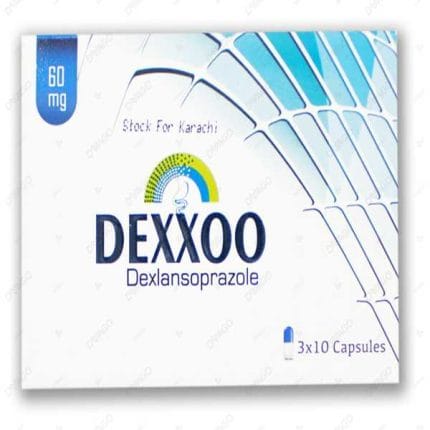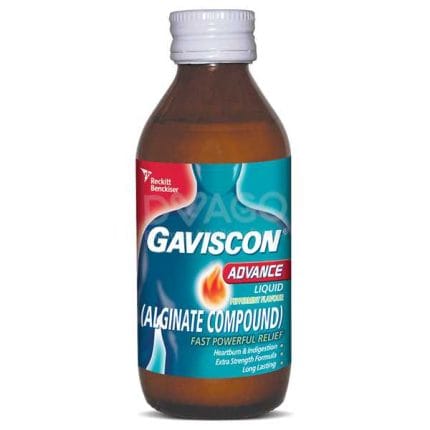Requires Prescription: Yes
Generics: Phloroglucinol, Trimethylphloroglucinol
Used For: Anti-Spasmodic
How It Works:
Spadix Tablets act as an antispasmodic by targeting the smooth muscles in the gastrointestinal and urogenital pathways. This relieves pain associated with muscle spasms.
Spadix Tablets Usage and Safety:
Dosage:
Phloroglucinol, Trimethylphloroglucinol
Side Effects:
Common: Constipation, transient bradycardia (followed by tachycardia, palpitation, and arrhythmias), reduced bronchial secretions, urinary urgency and retention, dilatation of pupils with loss of accommodation, photophobia, dry mouth, flushing, dryness of the skin.
Occasional: Confusion (particularly in the elderly), nausea, vomiting, giddiness.
Rare: Angle-closure glaucoma.
Drug Interactions:
Amantadine
Atenolol
Digoxin
Phenothiazines
Tricyclic antidepressants
Indication:
Spasm associated with irritable bowel syndrome (IBS)
Spasm associated with diarrhea and dysentery
Renal colic
Biliary colic
Dysmenorrhea
Delayed labor
When Not to Use:
Contraindicated in patients with hypersensitivity to any of the ingredients.
Spadix Tablets Precautions:
Precaution:
Avoid using phloroglucinol with major painkillers such as morphine or its derivatives due to their spasmogenic effects.
Spadix Tablets Warnings:
Warning 1:
Use with caution in Down’s syndrome, in children, and in the elderly.
Warning 2:
Use with caution in patients with gastroesophageal reflux disease, diarrhea, and ulcerative colitis.
Warning 3:
Use with caution in acute myocardial infarction, hypertension, and conditions characterized by tachycardia (including hyperthyroidism, cardiac insufficiency, and cardiac surgery).
Additional Information:
Pregnancy Category:
Always consult your physician before using any medicine.
Storage:
Store at room temperature, away from direct light and heat.























Reviews
There are no reviews yet.